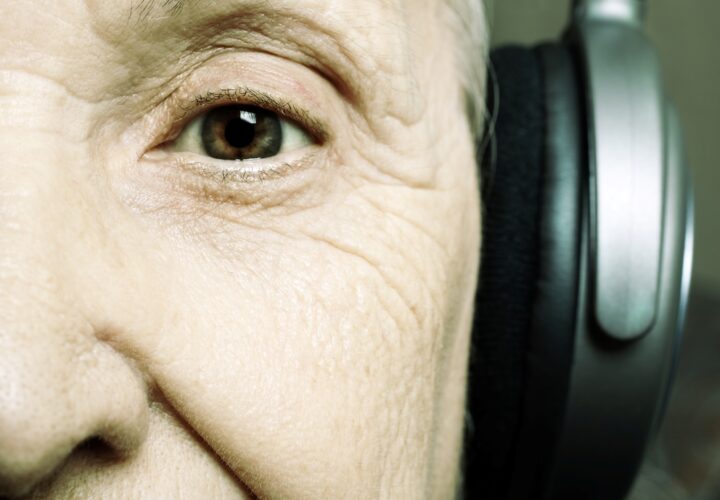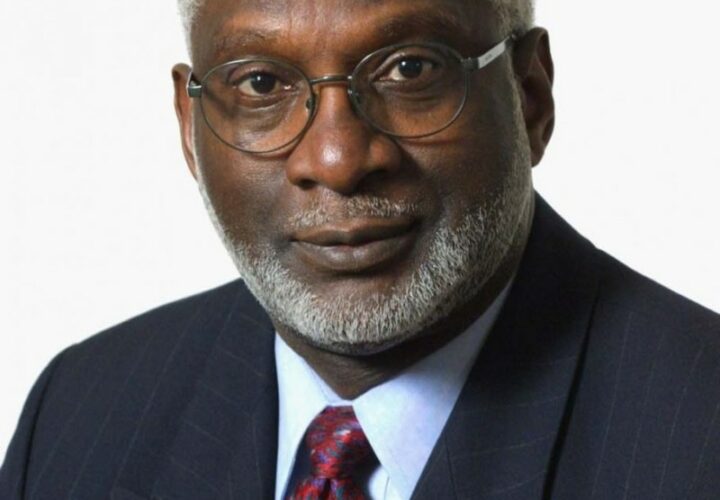October 26, 2o17
Unless you’ve been a caregiver for someone with dementia, it’s hard to comprehend the toll it can take. Alzheimer’s caregivers often go without pay, appreciation or days off—and they may be caring for a loved one who doesn’t even recognize who they are.
A new study shines light on the stress caregivers endure, as well as some unexpected positive outcomes. The National Poll on Health Aging conducted by the University of Michigan Institute for Healthcare Policy and Innovation revealed that 85 percent of those caring for someone with dementia found it rewarding—with 45 percent classifying it as “very rewarding.” Of course, the study didn’t gloss over the realities of caregiving. Seventy-eight percent said it was stressful, 19 percent said it was “very stressful,” and 40 percent of the caregivers who classified it as very stressful said it was not rewarding.
One consensus that almost everyone agreed on? Providing care for a loved one got them planning. Ninety-one percent said they started planning for their own futures after taking care of someone with dementia.
Caring for a loved one with dementia, whether it was rewarding or not, often takes a toll on the caregiver’s health and job, the study found. Around 66 percent said their duties to someone with dementia interfered with their own work and life, with about a quarter saying they neglected their own health because of it.
Most caregivers were women under 65 who were taking care of a parent. Half were employed. A quarter said their loved one couldn’t be left alone for more than an hour, and only one in four used support resources. The poll was based on answers from a nationally representative sample of 2,131 people ages 50 to 80 who identified themselves as dementia caregivers.
The answers to the poll give us a small glimpse into the life of someone caring for an Alzheimer’s patient. “We can see from this report that better support to these family caregivers is needed, which health care providers, family, friends, social service organiations, clergy and policymakers can all help to address,” said Erica Solway, Ph.D., associate poll director. Solway suggested that doctors routinely ask patients whether they provide care to others, so they can address concerns and point them toward resources they may not have time to seek out on their own.



I am particularly struck by the poll directors comment that doctors need to ask patients if they are caring for others. My experience is that most do not do this. In addition, most doctors see only the disease and do not understand the family dynamics involved in being a caregiver nor do they full appreciate that as caregivers we are also suffering. To many we are viewed as the person who brings our loved one to their appointments.